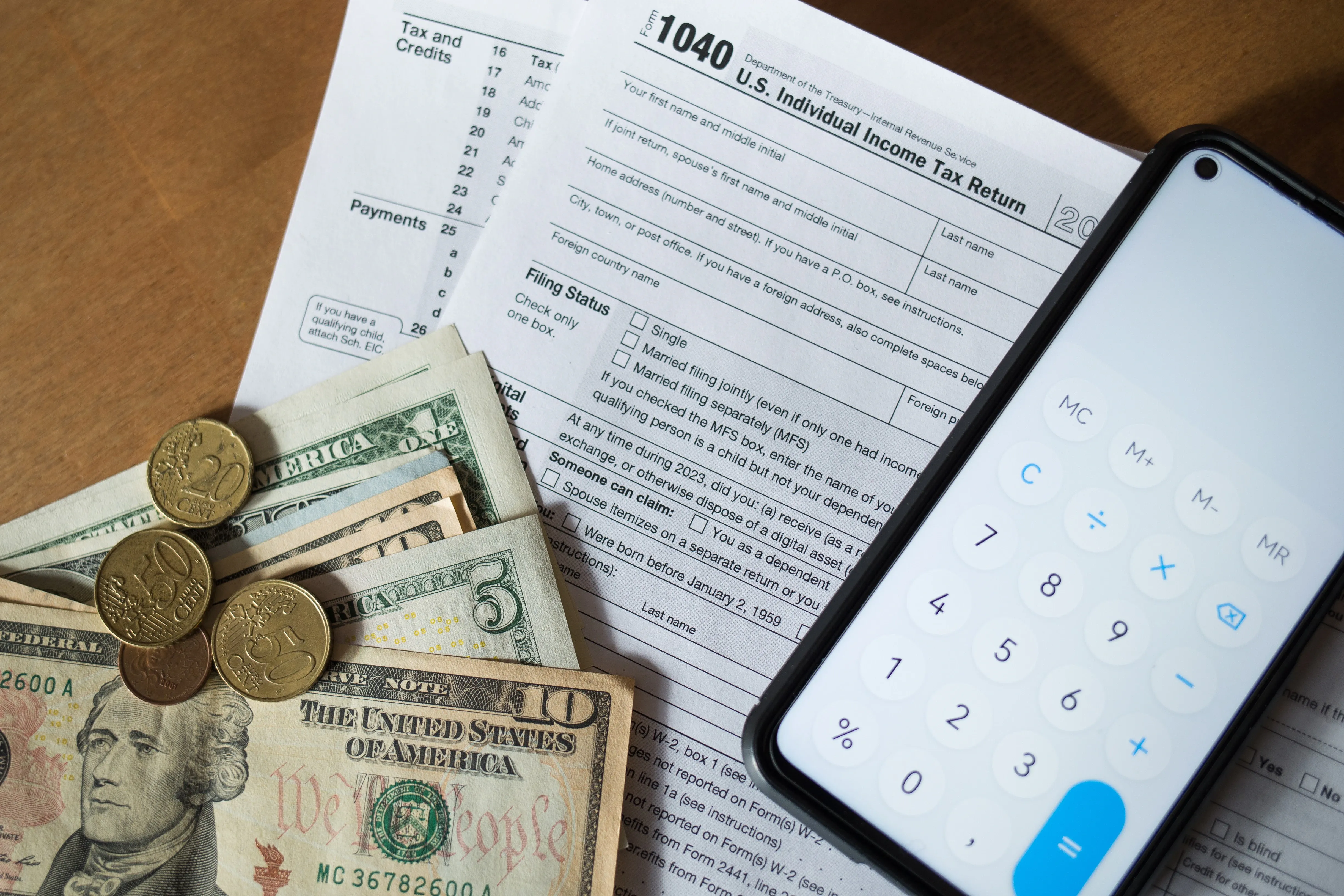Get Help with Tax Debt
At My Accounting Now, we believe in empowering business owners with the knowledge and tools they need to thrive. Our blog serves as a resource hub, offering insights into critical aspects of business finance, from effective bookkeeping practices to strategic tax planning. By staying informed and proactive, business owners can avoid common pitfalls and leverage financial strategies to fuel their growth and success.

Get Help with Tax Debt
2025-07-11
Tax debt can be a heavy burden for many taxpayers in the United States, especially during difficult economic times. The Internal Revenue Service (IRS) offers several options to help those with tax debt, allowing taxpayers to regularize their financial situation without falling into more serious legal trouble.
There are two possible scenarios: first, you can pay part of your balance, and second, you can't pay anything at all. If you have the ability to pay some of your tax debt, pay what you can now to avoid interest and penalties. Then, choose one of these options:
- Request a payment plan, also called an installment plan or online payment agreement, which allows taxpayers to pay their debt in monthly installments over a specific period. The IRS offers this service easily through its website, making it easy for those who need it to access.
- An Offer in Compromise (OIC), which allows you to settle your tax debt for less than what you owe. The IRS generally approves an Offer in Compromise when the amount offered represents the maximum amount the IRS can expect to collect within a reasonable period of time. Explore all other payment options before filing an Offer in Compromise, as this program is not appropriate for everyone. You are eligible to apply for an Offer in Compromise if you meet the following requirements: You filed all required tax returns and made all applicable estimated payments, you are not in an open bankruptcy proceeding, you have a valid extension for a current-year return (if your request is for this year), you are an employer, and you made tax deposits for the current and past two quarters before filing.
If you cannot afford to pay your tax debt now, you can ask the IRS for a temporary deferral of the collection process. It's important to note that if your debt collection is postponed, this does not mean you are discharged from the debt; rather, it means the IRS has determined that your financial situation does not allow you to pay the debt at this time. Before approving your request, the IRS may request certain documents, such as an income and expense statement, and ask you to verify your financial status (this may include information about your assets and your monthly income and expenses). You should be aware that if they postpone collection of the tax you owe, the amount you owe will increase because penalties and interest will accrue until you pay the full amount. During the temporary postponement, the IRS will review your ability to pay. They may also file a notice of federal tax lien to protect the government's interest in your assets.
If you are bankrupt, contact the IRS immediately so they can temporarily stop collection. Have this information ready: court location, bankruptcy petition date, bankruptcy chapter and case number.
In conclusion, the IRS offers various options to help taxpayers facing tax debt. It is essential that taxpayers understand these options and seek advice when necessary to effectively manage their tax situation. With the right information and resources, it is possible to find a solution to tax debt without compromising financial stability. If you need help with your tax return, My Accounting Now has a team of accounting specialists. Call us at 786-228-8689 or email us at info@myaccountingnow.com
